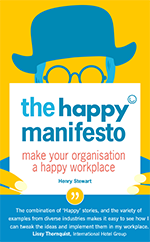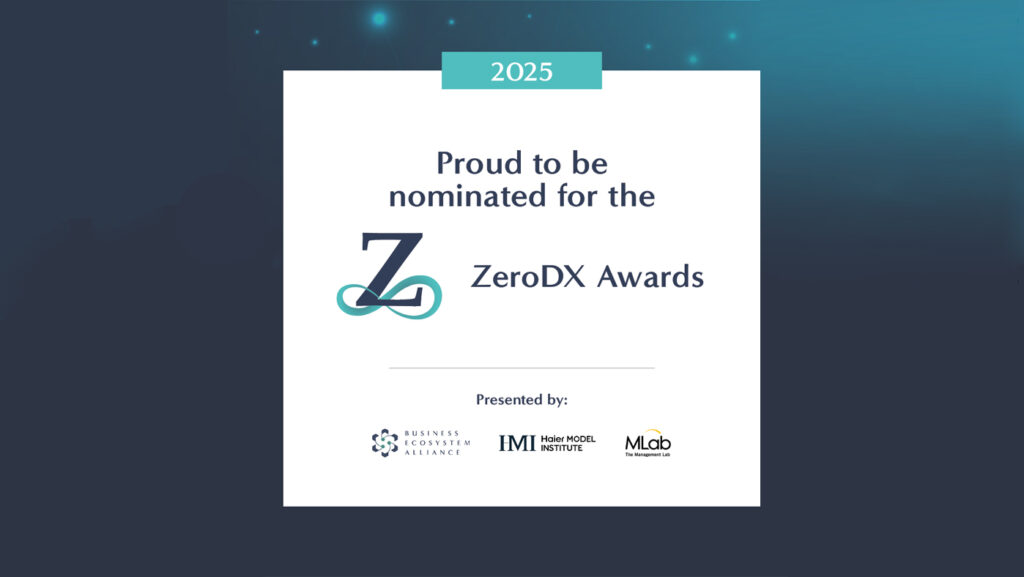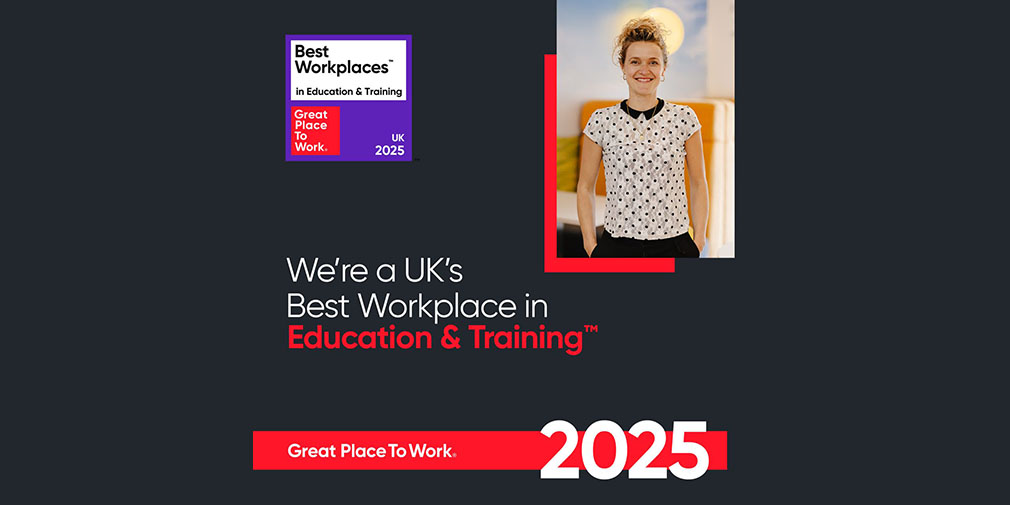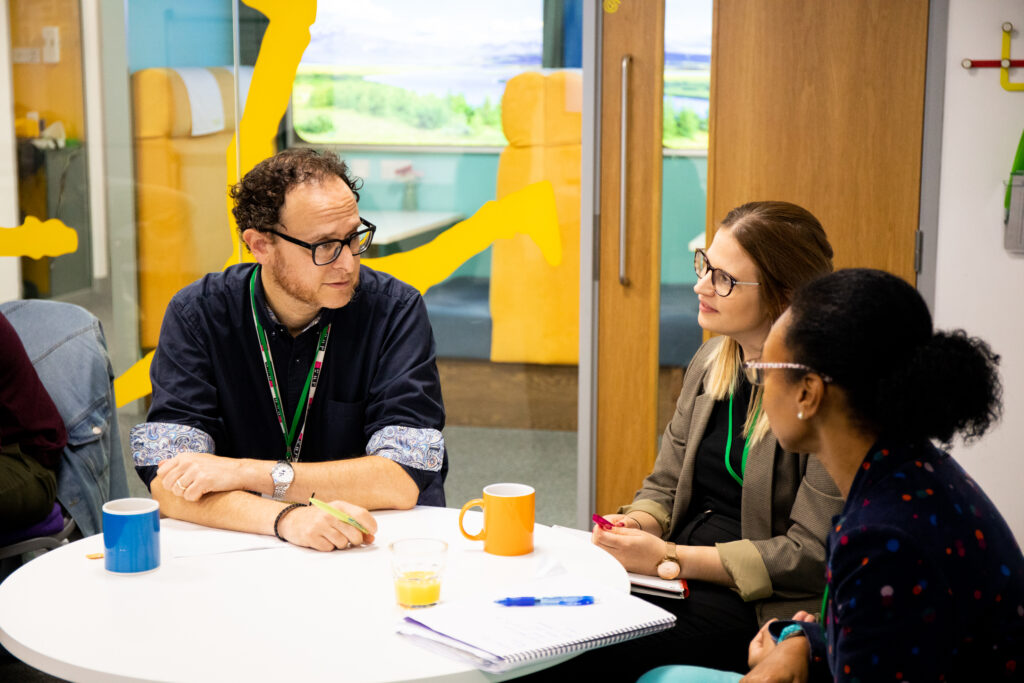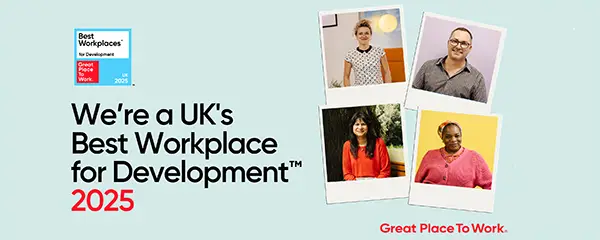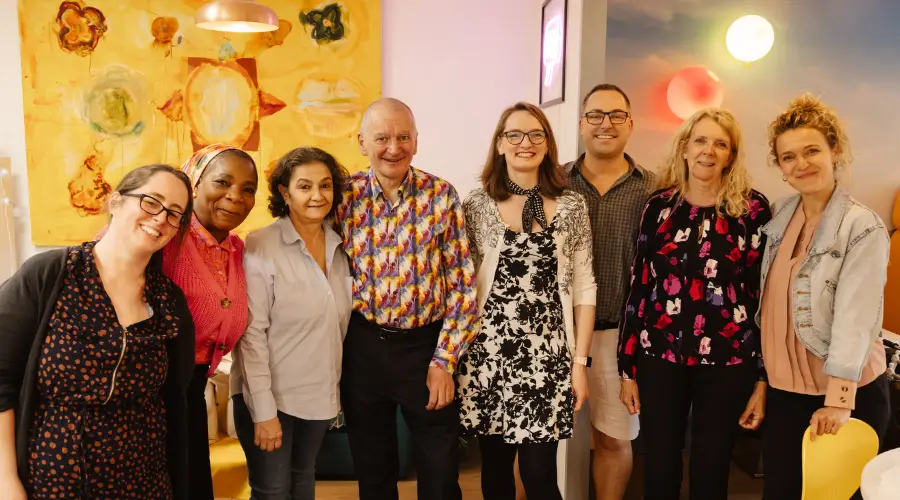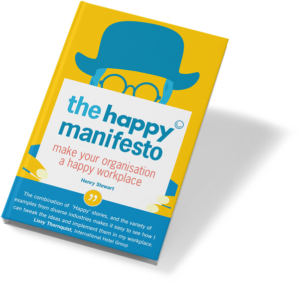At the local school where I am Chair of Governors we have just gone through BSF (Building Schools for the Future). We were promised the economies of scale would result in better service and lower prices. In fact they have led to the reverse.
Lessons of BSF
Let’s take the example of IT support. Before BSF we had a team of four staff who had taken the school to a leading position in the use of IT in education. They were directly managed by the school and any problems could be dealt with directly.
Now we have an external firm managing it. But we don’t have a direct contract with them. They have a contract with the lead contractor. The lead contractor has a contract with the Local Education Partnership (LEP). The LEP has a contract with the local council. And the local council has a contract with the school.
In the first year the service was terrible – so bad that penalty payments sometimes exceeded 50% of the contract value. Previously we could have dealt with this through performance management. If we had simply employed an IT support firm with a sensible contract, we could have simply terminated and found another provider. But with a distance of four complex contracts and a first contract break point of five years, there was very little we could do.
Economies of scale had resulted not in better service but in a complex, costly service over which we had little power as customer.
Now BSF is well known for its costly, centralised legalistic approach. Anybody involved will tell you how it wasted billions of public money. But the shared services approach is set to follow a similar route.
Shared Services in Training
Take my business of training. In most of our contracts we have a direct relationship with clients. If they are not happy they can simply choose somebody else (though this rarely, if ever, happens).
Under shared services, the client will have a contract with the service purchaser who will have a contract with the main contractor, who will have a contract with the training provider. And it will be a long-term contract to justify the complexity of the procurement.
Rather than getting economies of scale, we can expect to get complex contract relationships (which raise costs) and only indirect control over quality. Once again the lawyers will do very well, but the government clients probably won’t.
